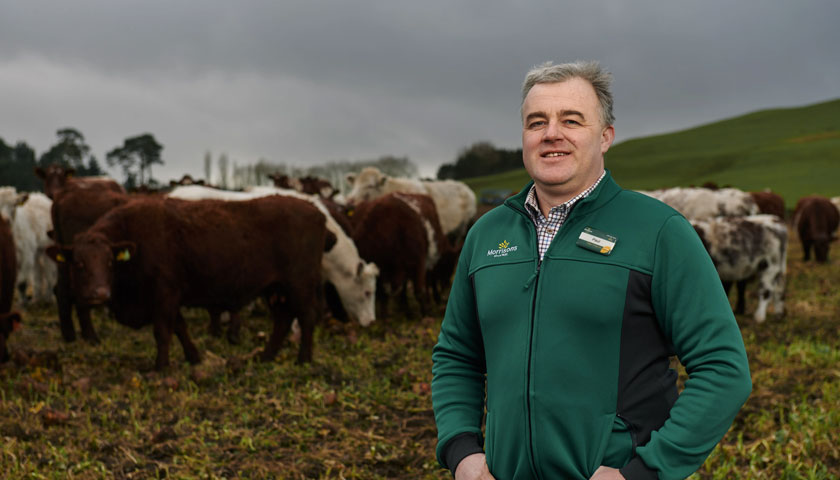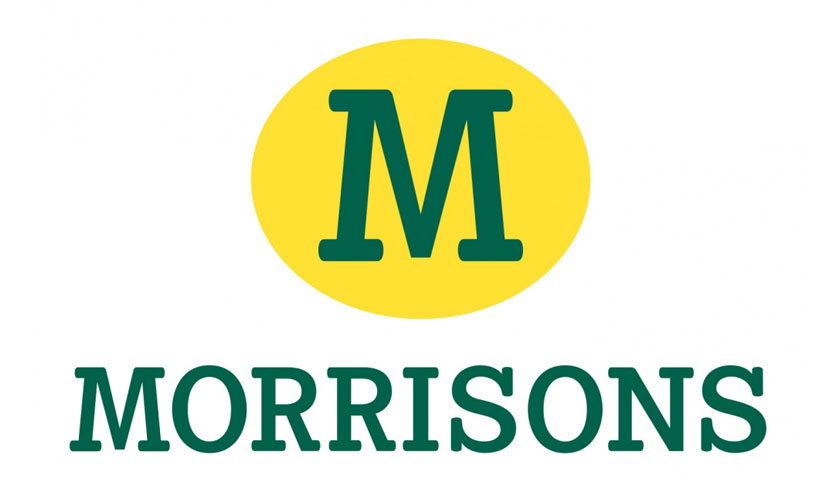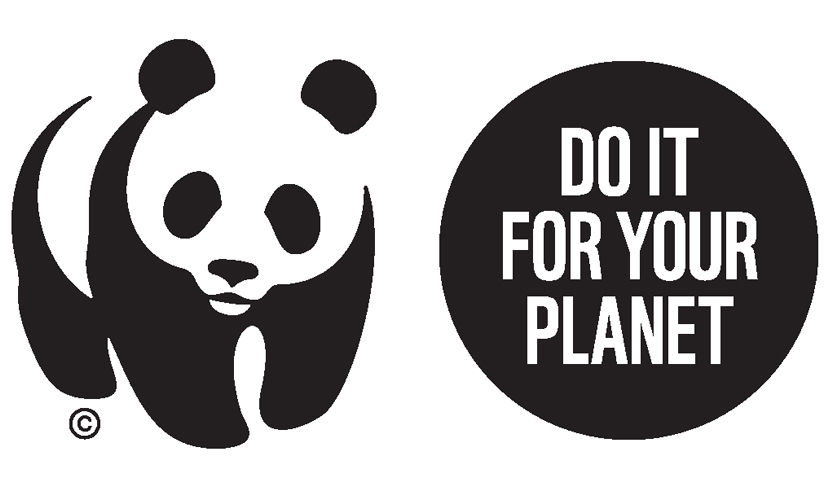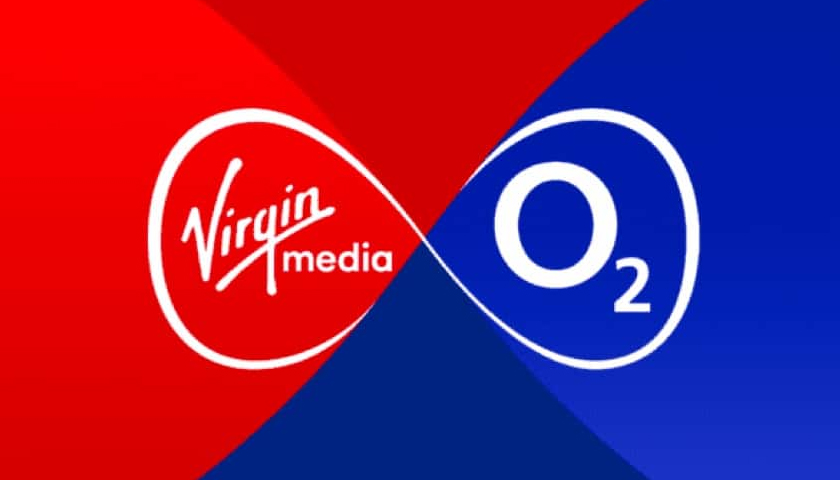Morrisons has pledged to be the first supermarket to be completely supplied by ‘net zero’ carbon British farms by 2030, five years ahead of the market.
Over the next nine years, Morrisons will work with its 3,000 farmers and growers to produce affordable net zero carbon meat, fruit and vegetables.
Morrisons expects that the first products to reach net zero carbon status will be eggs as early as 2022, followed by lamb, fruit, vegetables, pork and beef in the years to follow.
UK agriculture currently accounts for 10 per cent of all UK greenhouse gas emissions, with new research revealing that two thirds of people consider the environmental impact of the food they eat. The National Farmers Union has asked farmers to work towards a 2040 net zero goal, and other supermarkets are working towards 2035.
Morrisons is uniquely placed to reach this goal five years ahead of industry as it is British farming’s biggest supermarket customer. Morrisons has its own expert Livestock and Produce Teams, works directly with farmers, and takes meat, fruit and vegetables direct from farms to its 20 fruit, vegetable and meat preparation sites.
This month, Morrisons will start working with a selection of meat and produce farmers – to create net zero carbon farm ‘models’. Together with the farmers they will look at the emissions picture through the whole lifecycle of farm produce – from germination to leaving the farmgate for a Morrisons store. Once a workable blueprint has been established, the models will then be shared with all Morrisons farmers, so that all food can be produced in this net zero carbon way.
The farm models will look at reducing carbon via: rearing different animal breeds; using low food-mile feedstuffs; using renewable energy and low emission housing; and, cutting down fuel and fertiliser use. They will also look to offset carbon emissions via: planting grassland and clover; restoring peatland, improving soil health; planting trees; and, seeding hedgerows.
Within agriculture, beef farming is the most carbon intensive – generating 45 per cent of carbon emissions for only five per cent of products sold. Nearly half of this is down to methane produced by cattle. So in addition, Morrisons will work with its beef farms to use smaller cattle breeds, pick low methane feeds, and look at methane reducing supplements (e.g. seaweed).
As part of the programme, Morrisons will also work with universities, vets, farming and countryside organisations and carbon experts. Morrisons will partner with the NFU to pool farmer knowledge, work with Natural England on planting and water use, and use industry experts to measure and evaluate data. Morrisons will also work with Harper Adams University, which specialises in agriculture and environmental subjects to set up the world’s first School of Sustainable Farming to offer farming training.
David Potts, Chief Executive of Morrisons, said: “Climate change is one of the biggest challenges for our generation and growing food is a key contributor to greenhouse gas emissions. As British farming’s biggest supermarket customer, we’re in a unique position to guide our farms and help lead changes in environmental practices. It’s years ahead of industry expectations – and an ambitious target – but it’s our duty to do it.”
Environment Secretary, George Eustice MP, said: “The UK is the first major economy to legislate for net zero emissions by 2050. Our farmers will play a key role in achieving this. It is encouraging to see Morrisons commit to being supplied by net zero carbon British farms on such an ambitious timescale, helping to protect the environment for future generations.”
Minette Batters, President of the National Union of Farmers said: “British farming has a key role to play in the nation’s drive to net zero. Our contribution spans three pillars of action – reducing emissions, storing carbon on farmland, and renewables and the bioeconomy. Our members are already playing their part to help achieve the NFU’s ambition of reaching net zero agriculture by 2040 and want to do more. I applaud Morrisons on its commitment and look forward to continuing our good working relationship.”
Patrick Holden, Chief Executive of the Sustainable Food Trust said: “Morrisons has shown real leadership in setting challenging targets for emission reductions and for encouraging their suppliers to produce in more sustainable ways.”
Morrisons net zero carbon UK agriculture target forms part of its plan to become net zero for emissions by 2040, in line with the international Paris Agreement. Reducing carbon in primary food production forms a key part of this programme.



